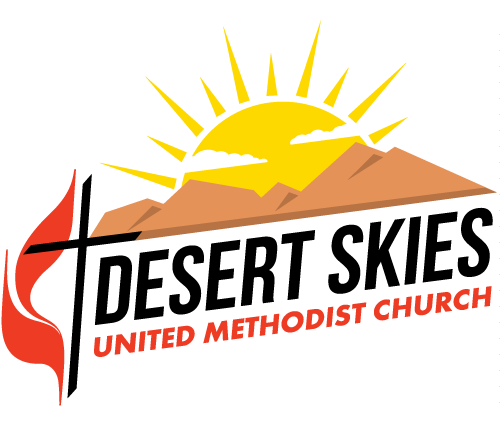Looking In – November 8, 2020
Scripture: Matthew 6: 19-24
“Stop collecting treasures for your own benefit on earth, where moth and rust eat them and where thieves break in and steal them. Instead, collect treasures for yourselves in heaven, where moth and rust don’t eat them and where thieves don’t break in and steal them. Where your treasure is, there your heart will be also.
“The eye is the lamp of the body. Therefore, if your eye is healthy, your whole body will be full of light. But if your eye is bad, your whole body will be full of darkness. If then the light in you is darkness, how terrible that darkness will be! No one can serve two masters. Either you will hate the one and love the other, or you will be loyal to the one and have contempt for the other. You cannot serve God and wealth.” (Matthew 6:19-24)
George Bailey gets a wonderful gift of seeing what he world would have been like without him in it. We live an “incarnational” faith–the belief that, like Jesus, our faith is not just an idea, but it gets lived out in our actions in the world. This week we integrate money and meaning by looking in at the courageous vision for our presence and impact in the world. This is the bedrock for how we “spend” our assets–time, energy, and money–so that we approach the life we have left with attentiveness and intentionality to making it a“wonder-full” life.
